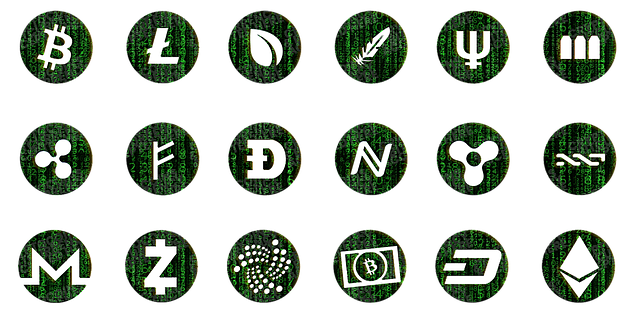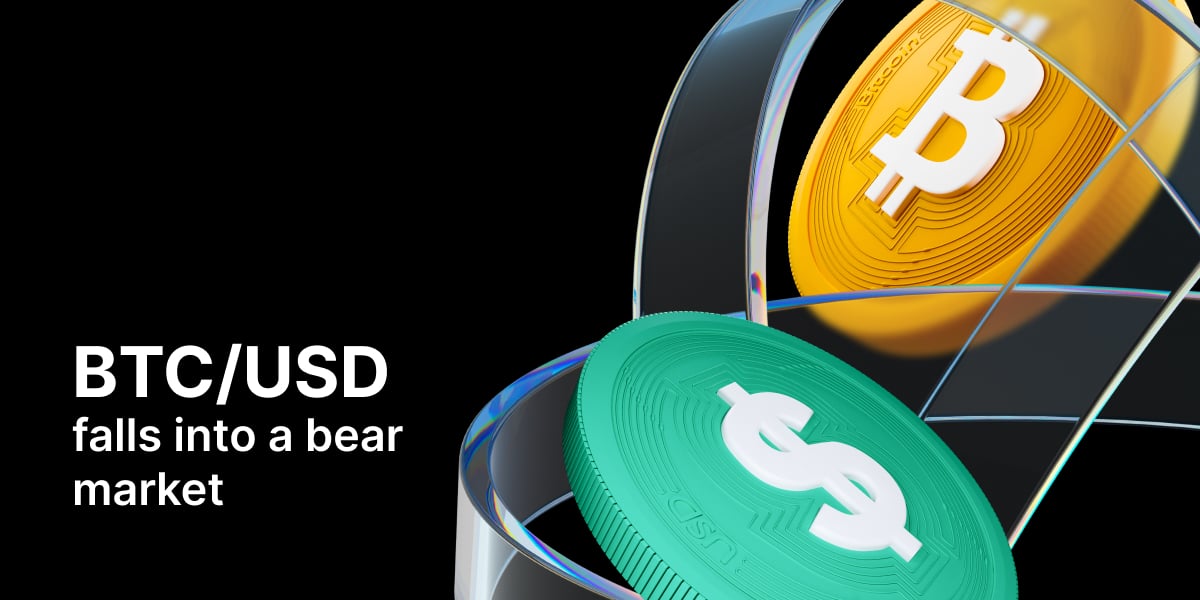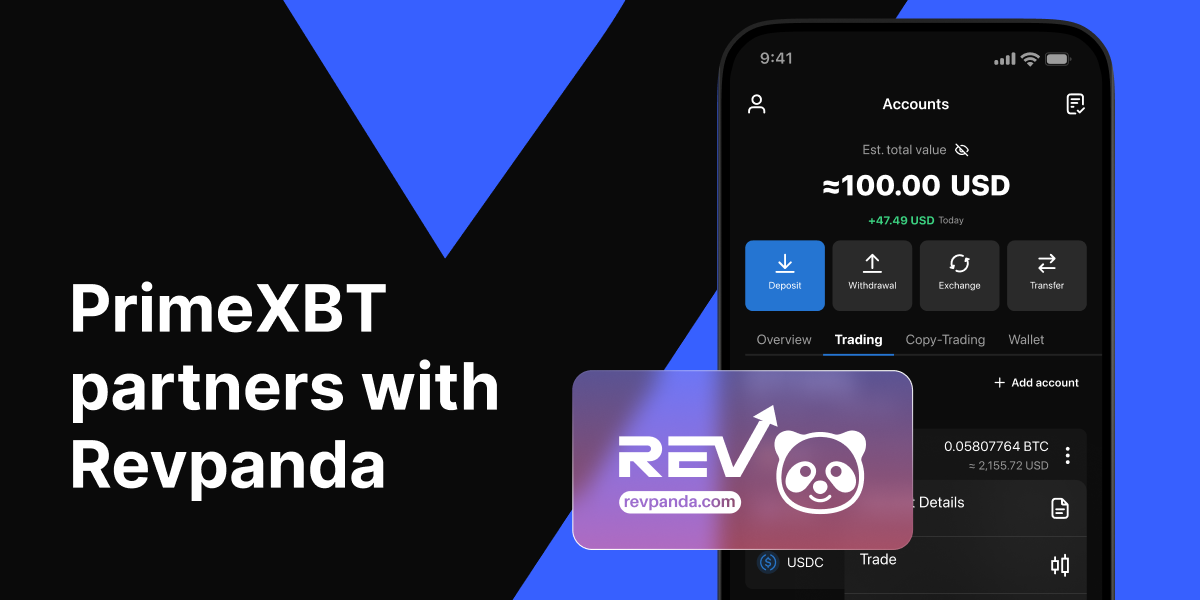Decentralized exchanges (DEX) have gained significant popularity in recent years as a result of their unique features and advantages over traditional centralized exchanges. These platforms leverage blockchain technology and smart contracts to enable peer-to-peer trading without the need for intermediaries. In this article, we will explore the concept of decentralized exchanges, how they work, their advantages, different types of DEX models, key considerations when using them, a comparison with centralized exchanges, and important regulatory and security considerations.
What is a Decentralized Exchange (DEX)?
What is DEX? A decentralized exchange is a digital marketplace where users can swap crypto assets directly with each other. Unlike centralized exchanges that rely on a trusted third party to facilitate transactions, DEX operates on a peer-to-peer basis, allowing users to maintain control over their funds throughout the trading process.
One of the key differences between DEX and centralized exchanges is the absence of a central authority that holds custody of users’ funds.
Instead, DEX utilizes non-custodial wallets, which means users retain ownership of their private keys and have complete control over their assets. This significantly reduces the risk of hacks and eliminates the need to trust a centralized entity with the security of funds.
DEX also leverages smart contracts, self-executing agreements stored on a blockchain, to automate the trading process. These smart contracts define the rules and conditions of a trade, ensuring that transactions are executed transparently and without the need for intermediaries. By removing the reliance on intermediaries, DEX eliminates the potential for censorship, as transactions are not subject to the control or approval of a centralized authority.
How Does a DEX Work?
The underlying technology behind DEX involves several components. One of the key elements is automated market makers (AMMs), which enable the creation of liquidity pools. Liquidity pools consist of digital assets locked in smart contracts and are used to facilitate trades on the exchange. Traders can contribute to these pools by depositing tokens and receive liquidity provider (LP) tokens in return, which represent their share of the pool.
When a user wants to trade on a DEX, they interact with the liquidity pool rather than placing orders on an order book. The liquidity pool determines the price based on the ratio of assets within it, providing liquidity for various trading pairs. This eliminates the need for buyers and sellers to be present simultaneously, as trades can be executed against the liquidity pool.
Decentralized finance (DeFi) protocols play a vital role in the operation of DEX platforms. These protocols provide the infrastructure and smart contracts necessary for the functioning of various decentralized applications, including DEX. By leveraging DeFi protocols, DEX platforms can tap into a broader ecosystem of decentralized financial services, such as lending, borrowing, and yield farming.
To start trading on a DEX, users need to connect their non-custodial wallets to the platform. This wallet integration enables users to interact with the DEX interface and sign transactions securely. Once connected, users can select the desired trading pair and specify the amount they wish to buy or sell. The smart contract then executes the trade and settles it directly between the involved parties.
The Advantages of DEX

Decentralized exchanges offer several advantages over centralized exchanges that have contributed to their growing popularity.
Increased Privacy: DEX platforms prioritize user privacy by allowing users to retain control over their personal information and funds. Since DEX operates on a peer-to-peer basis, there is no need to provide personal identification or undergo extensive KYC (Know Your Customer) processes, which are common in centralized exchanges.
Improved Security: With DEX, users have complete control over their funds throughout the trading process. By utilizing non-custodial wallets, the risk of funds being lost or stolen due to exchange hacks is significantly reduced. Additionally, the use of smart contracts and blockchain technology enhances the security and transparency of transactions.
Reduced Reliance on Intermediaries: DEX eliminates the need for intermediaries, such as centralized exchanges or brokers, to facilitate trades. This reduces the risk of manipulation, censorship, and counterparty risks that can be associated with centralized platforms.
Lower Fees: DEX platforms often have lower trading fees compared to centralized exchanges. By eliminating intermediaries and automating the trading process, DEX can offer cost-effective solutions for users.
Censorship Resistance: Since DEX operates on a decentralized network, it is highly resistant to censorship and external control. Transactions cannot be blocked or reversed by any central authority, providing users with the freedom to transact without restrictions.
Global Accessibility and Financial Inclusion: DEX platforms can be accessed by anyone with an internet connection, regardless of their location or financial background. This opens up opportunities for individuals who may not have access to traditional banking services, fostering financial inclusion on a global scale.
Types of Decentralized Exchanges
There are various types of decentralized exchange models, each with its own strengths and limitations.
Order Book-Based Exchanges: These DEX platforms resemble traditional centralized exchanges, with an order book that matches buy and sell orders from users. Examples of order book-based DEX include IDEX, EtherDelta, and Kyber Network.
Liquidity Pool-Based Exchanges: These DEX platforms rely on liquidity pools created by users to facilitate trades. Automated market makers (AMMs) determine prices based on the asset ratios within the pool. Popular examples of liquidity pool-based DEX include Uniswap, SushiSwap, and PancakeSwap.
Hybrid Approaches: Some DEX platforms combine elements of both order book-based and liquidity pool-based exchanges to offer a diverse trading experience. They provide flexibility by allowing users to choose between order book trading or interacting with liquidity pools. Examples of hybrid DEX include 0x and Loopring.
Each type of DEX has its own advantages and considerations, and users should choose the model that aligns with their specific trading needs.
Key Considerations When Using a DEX
While decentralized exchanges offer numerous benefits, users must also consider important factors to ensure a safe and seamless trading experience.
Wallet Security: It is crucial to use reputable and secure non-custodial wallets to store and interact with DEX platforms. Users should employ best practices such as using hardware wallets or well-audited software wallets to secure their private keys.
Transaction Fees: While DEX platforms generally have lower fees compared to centralized exchanges, users should be aware of gas fees associated with blockchain transactions. These fees can vary depending on network congestion and the complexity of the trade.
Slippage and Liquidity: DEX platforms that rely on liquidity pools may experience slippage, which is the difference between the expected and executed price of a trade. Users should be mindful of the available liquidity for their desired trading pairs to minimize slippage.
Smart Contract Risks: Smart contracts are an integral part of DEX platforms, and vulnerabilities or bugs in these contracts can lead to financial losses. Users should conduct thorough research, review audits, and consider the maturity and reputation of the smart contracts powering a DEX.
Due Diligence: Before using a DEX, users should conduct due diligence on the platform, including researching its development team, community, security measures, and track record. It is essential to verify the authenticity of the platform and ensure it is not a scam or a phishing attempt.
User Experience: While DEX platforms have made significant progress in terms of user interface and experience, they may still have a learning curve for newcomers. Users should familiarize themselves with the platform’s functionalities and features to navigate the trading process effectively.
DEX vs. Centralized Exchanges: A Comparison
When considering decentralized exchanges versus centralized exchanges, it is important to weigh the advantages and disadvantages of each.
Control Over Funds: DEX provides users with greater control over their funds since they retain ownership of their private keys. In contrast, centralized exchanges require users to deposit funds into their platform, which exposes them to the risk of hacks or mismanagement.
Speed of Transactions: Centralized exchanges generally offer faster transaction speeds since they match orders instantly from their order books. DEX platforms, on the other hand, may have slower transaction times due to blockchain confirmations and the reliance on liquidity pools.
Regulatory Compliance: Centralized exchanges often adhere to regulatory requirements, such as KYC and AML (Anti-Money Laundering) procedures, to ensure compliance with local laws. DEX platforms, being decentralized and often anonymous, may have fewer or no such compliance measures in place.
User Experience: Centralized exchanges typically have more user-friendly interfaces and offer advanced trading features, making them more suitable for professional traders. DEX platforms have made strides in improving user experience but may still have some limitations in terms of functionality and ease of use.
Market Liquidity: Centralized exchanges tend to have higher trading volumes and liquidity, which can result in tighter spreads and better price discovery. DEX platforms, especially those relying on liquidity pools, may have lower liquidity for less popular tokens, leading to higher slippage.
The choice between DEX and centralized exchanges depends on individual preferences, trading objectives, and risk tolerance. DEX platforms are suitable for those who prioritize privacy, security, and self-custody, while centralized exchanges may be preferred by users seeking faster transactions, regulatory compliance, and advanced trading features.
Regulatory and Security Considerations
As the popularity of decentralized exchanges continues to grow, regulators worldwide are exploring the regulatory frameworks surrounding these platforms. It is important for users to understand the legal implications and potential risks associated with using DEX.
Regulatory landscapes vary across jurisdictions, and some countries may impose restrictions or licensing requirements on DEX platforms. Users should research and stay informed about the regulatory environment in their respective countries to ensure compliance.
Security is another critical consideration when using DEX platforms. Users should verify the security measures implemented by the platform, including audits, bug bounty programs, and security partnerships. Conducting thorough research and staying updated on security best practices can help mitigate potential risks.
Conclusion: Embracing the Future of Decentralized Trading
Decentralized exchanges have emerged as a powerful innovation within the blockchain and cryptocurrency ecosystem. With their increased privacy, improved security, reduced reliance on intermediaries, and lower fees, DEX platforms offer a compelling alternative to traditional centralized exchanges.
By leveraging blockchain technology, smart contracts, and decentralized finance protocols, DEX platforms have the potential to revolutionize the traditional financial landscape and foster global financial inclusion. However, users must exercise caution, conduct due diligence, and stay informed about the evolving regulatory and security landscape.
As the world embraces decentralized trading, it is crucial for individuals to explore and experiment with DEX platforms while managing risks effectively. Through research, education, and responsible participation, users can unlock the benefits of decentralized exchanges and contribute to the ongoing development of the decentralized finance ecosystem.


